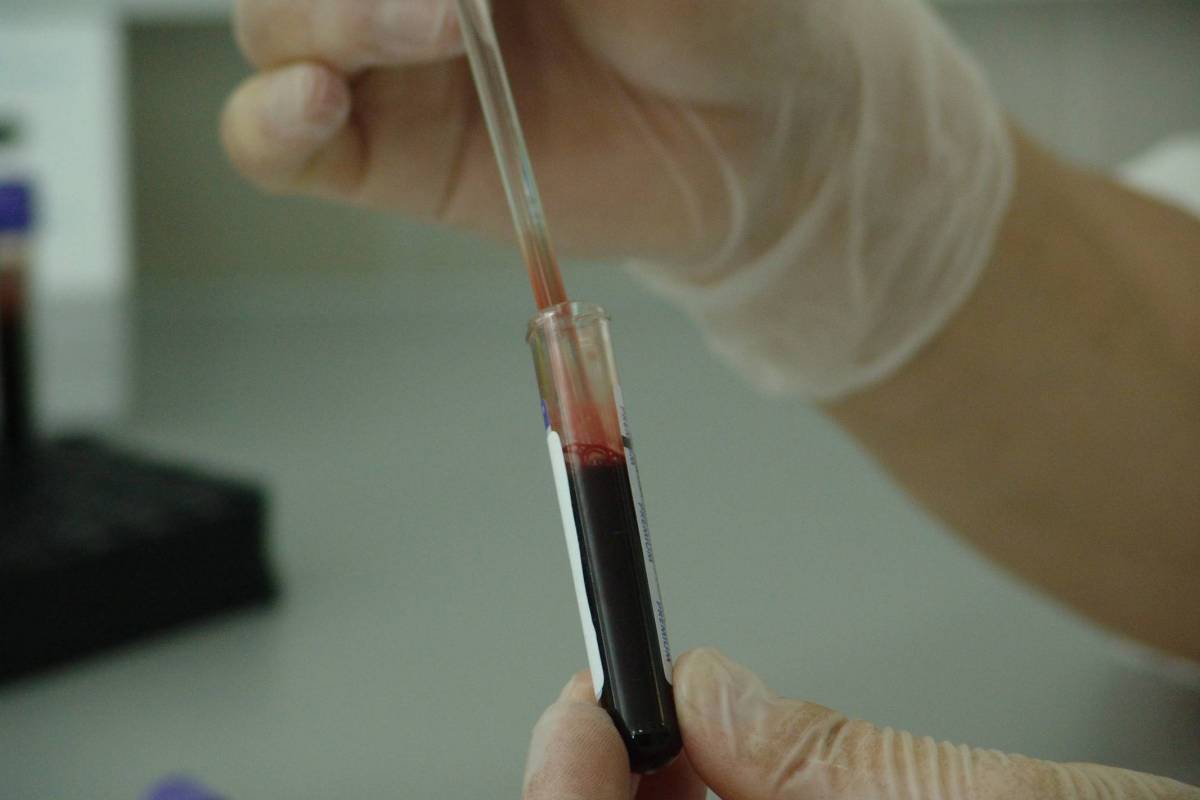mRNA COVID-19 Vaccines May Not Mix Well With Blood Cancer Patients

Two studies published by the journal Blood on April 16, 2021, evaluated humoral immune responses to the BNT162b2 mRNA COVID-19 vaccine in patients with chronic lymphocytic leukemia (CLL) and compared responses with those obtained in age-matched healthy controls.
Patients in this study received two vaccine doses, 21 days apart, and antibody titers were measured after administration of the second dose.
In a total of 167 patients with CLL, the antibody response rate was 39.5%.
A comparison between 52 patients with CLL and 52 sex- and age-matched healthy controls revealed a significantly reduced response rate among patients (52% vs. 100%, respectively; adjusted odds ratio=0.010, 95% CI 0.001-0.162; p<0.001).
The response rate was highest in patients who obtained clinical remission after treatment (79.2%), followed by 55.2% in treatment-naïve and 16% only in patients under treatment at the time of vaccination.
In patients treated with either BTK inhibitors or venetoclax ± anti-CD20 antibody, response rates were considerably low (16.0% and 13.6%, respectively).
None of the patients exposed to anti-CD20 antibodies <12 months before vaccination responded.
And in a multivariate analysis, the independent predictors of response were younger age, females, lack of currently active treatment, IgG levels ≥550 mg/dL, and IgM levels ≥40mg/dL.
In conclusion, these researchers stated 'antibody-mediated response to BNT162b2 vaccine (Pfizer-BioNTech COVID-19 Vaccine (Comirnaty)) in patients with CLL is markedly impaired and affected by disease activity and treatment.'
The second study published by Blood reported similar findings in senior patients with multiple myeloma after the first dose of the BNT162b2 Vaccine. This study's data indicate that the first dose of BNT162b2 leads to the production of lower levels of neutralizing antibodies against SARS-CoV-2 compared to controls.
These researchers stated, 'This may be due to the effect of myeloma cells which suppress normal B-cell expansion and immunoglobulin production. Furthermore, some anti-myeloma therapies have a B-cell depleting activity, which may impair the immune response to vaccines. In contrast, both myeloma microenvironment and anti-myeloma treatments may impair T-cell function.'
Our Trust Standards: Medical Advisory Committee























